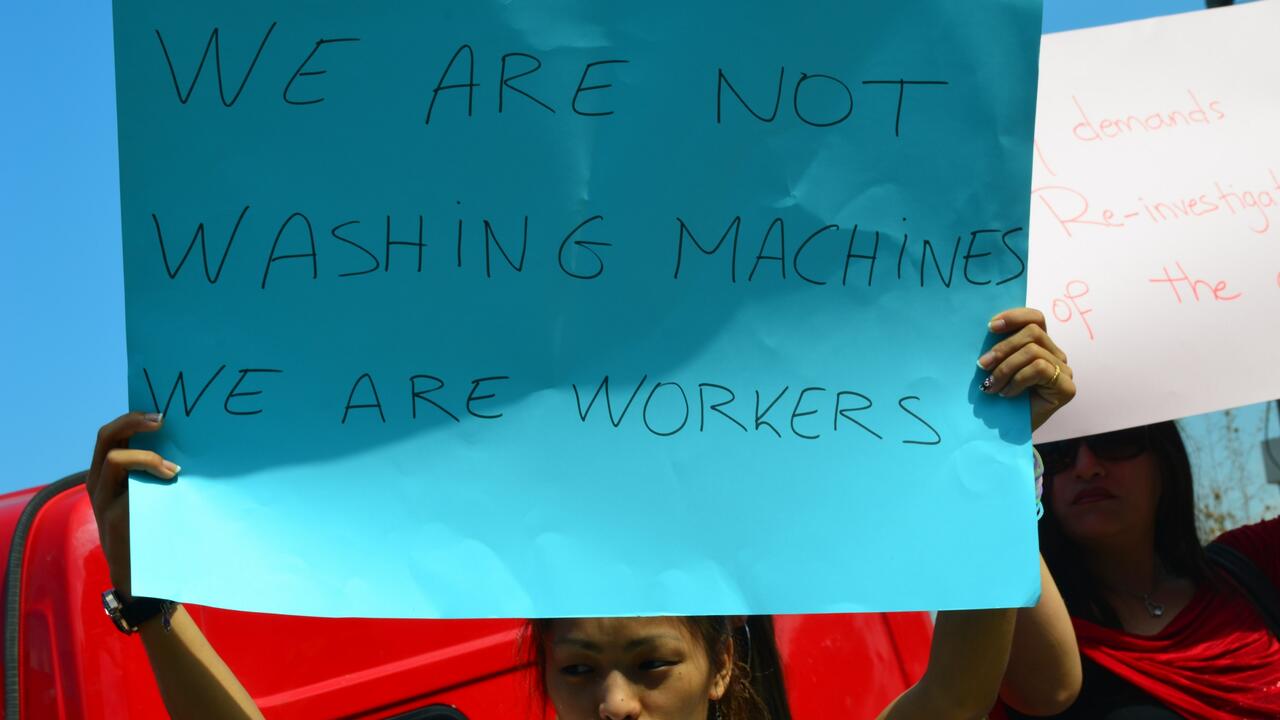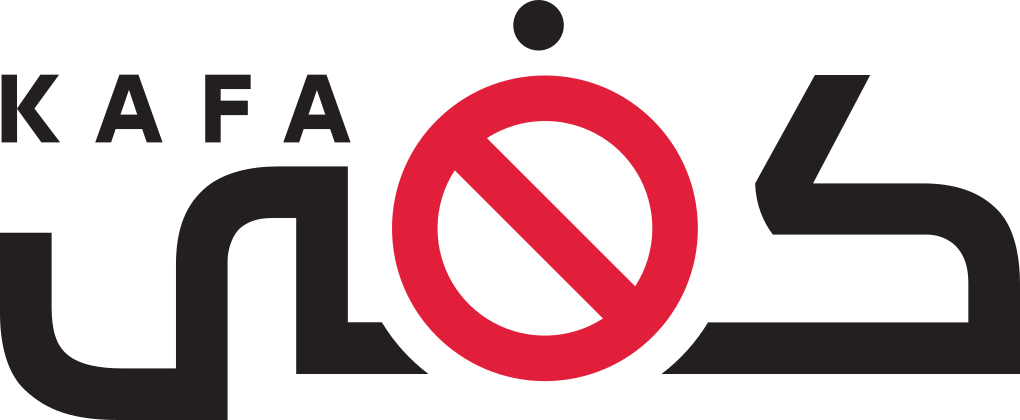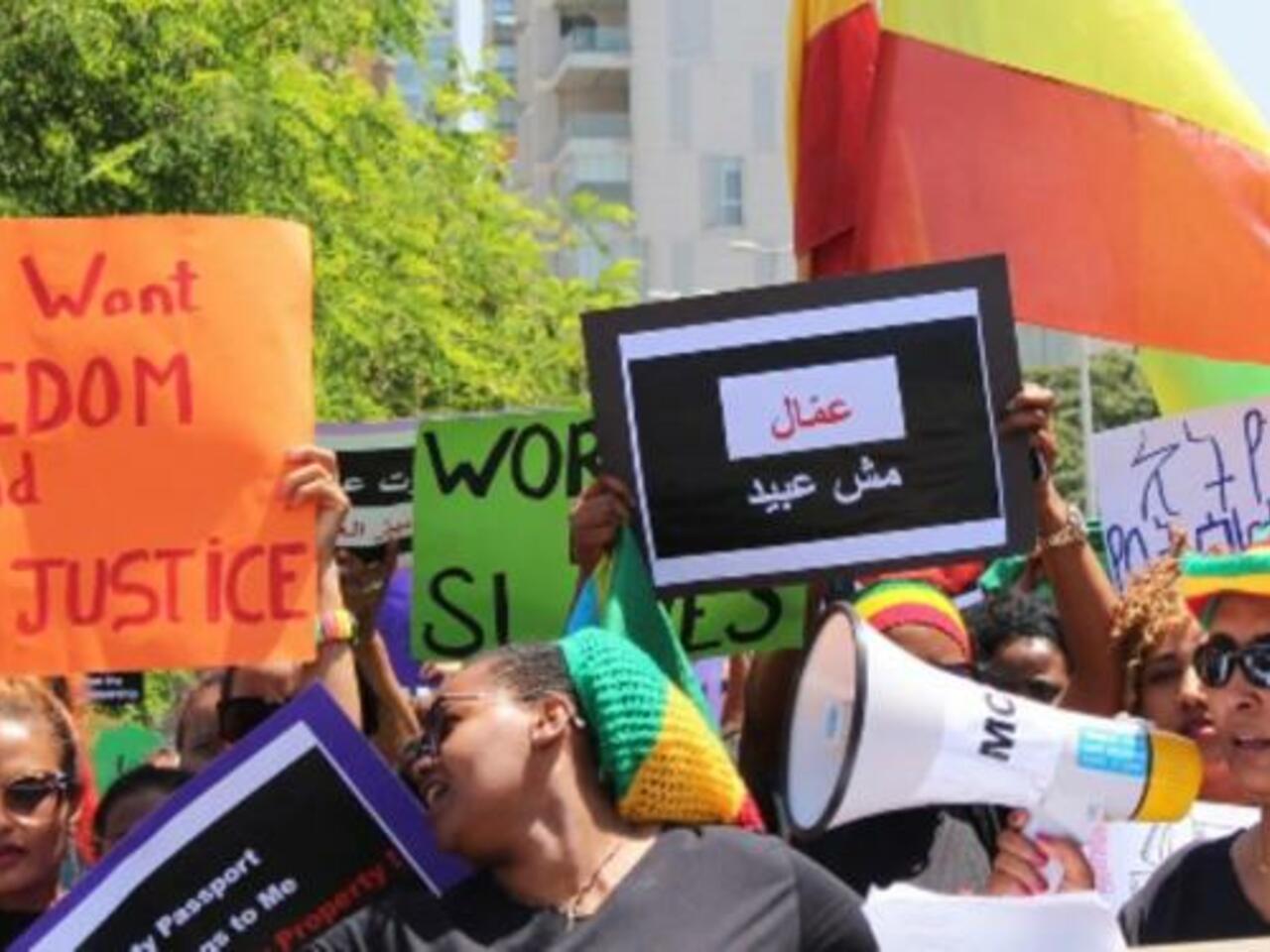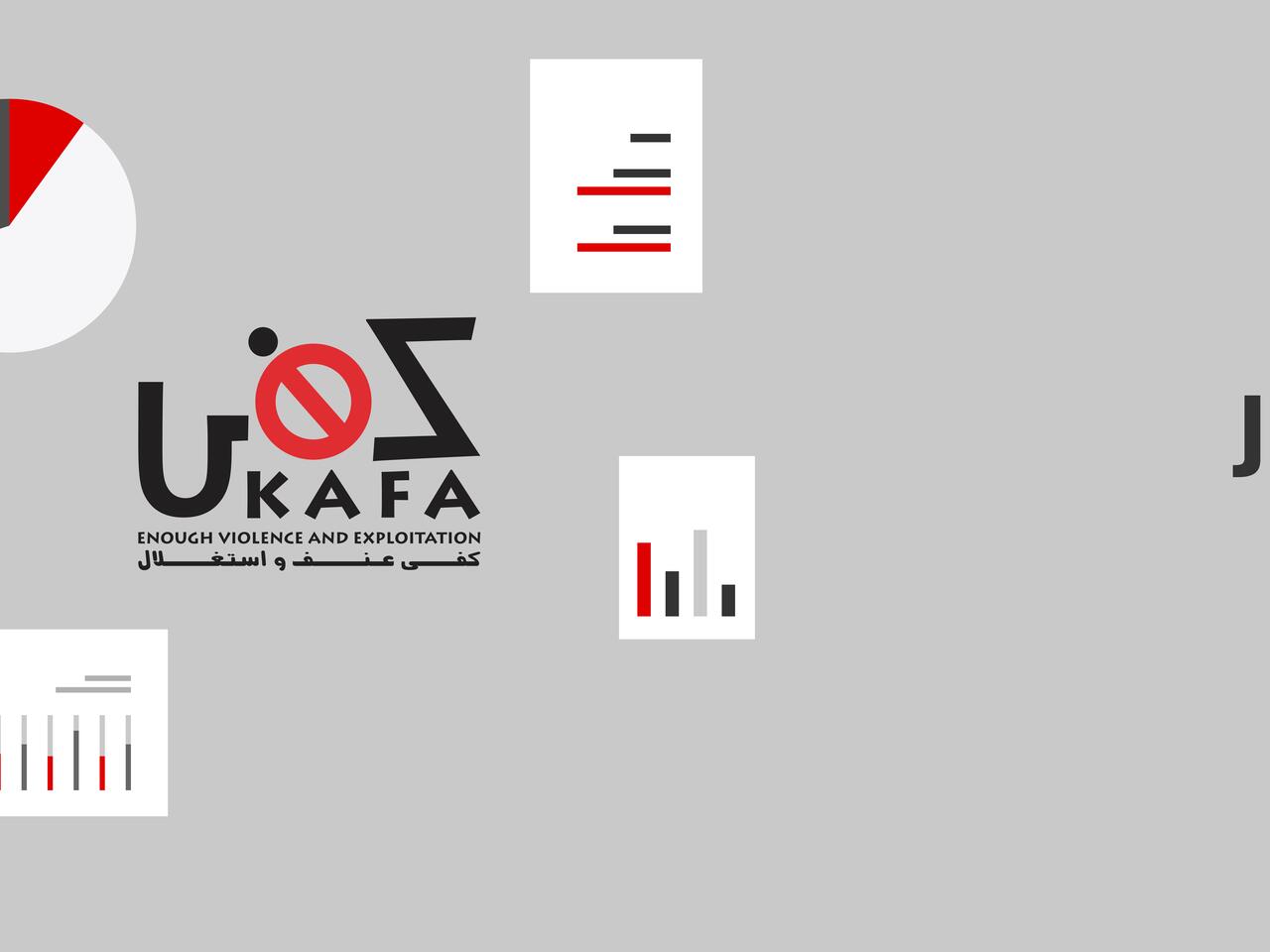
Workers Day 2019: More Decency
On the occasion of Workers Day this year, this is a short and simple call to pay the woman who cleans your house a little more than you did last year.
There are two categories of migrant domestic workers in Lebanon:
There are women who are working in contract. That usually entails:
- They have a Lebanese sponsor.
- They live at their house and this sponsor renews their papers yearly. (at notary, ministry of labor and GSO)
- They are technically ‘legal’ but most often than not, the papers that ‘make them legal’ are withheld from them and locked up with the sponsor. That includes their personal passport, which is a gross basic human rights violation- but who’s checking.
- The average migrant domestic worker- putting aside those that get paid lesser than what they agreed to, or once in a blue moon- receives half the Lebanese minimum wage as monthly compensation, less than 250$. For pretty much 60 to 100 hours of work/week. That translates to 0.6 to 0.9$ per hour. For a very physically demanding and fatiguing job.
- The arguments that justify the normalization of these horrendously low wages (we’re not talking conditions yet) are two-fold: Domestic work is not work, it’s easy, it’s no effort, it’s mundane, it doesn’t require a university degree, it’s inherently a woman’s job (she should know it by heart from birth, not training). And, if they’re able to find better offers, let them stay home. If they don’t like what we pay them, we’ll find many others who do. So, it goes, migrant domestic workers is an infinite open market in Lebanon. And most importantly, we pay them so little because they’re not paying food, transportation or accommodation since they live at the house of the sponsor. On balconies and kitchen floors, even when there are empty beds in the house, but that’s a different subject.
- Confiscated, controlled, regulated freedom. All workers’ rights (at movement, communication, love, relationship, privacy, etc…) reserved at the whim of the employer and their mood/ sense of humanity at any given time..
There are women who are working out of contract. That usually means:
- They are freelancers, most often than not, in irregular (aka illegal) status in Lebanon because Lebanon does not allow for decent legal freelancing, so it has to be done in the dark. This formula leaves workers locked between a rock and hard place, always at the tough bargain between (1) freedom (aka out of contract) with a state of living in constant worry and fear or (2) forced labor and servitude with varying degrees (aka in contract) and a sense of ‘safety’ that you won’t be ‘caught’ because of papers specifically (albeit also in fear of employer rather than police and check points).
- Although most migrant domestic workers who are in ‘illegal’ status do not have any papers, some do work out a deal with a Lebanese sponsor, who they work part-time for or who accepts to sponsor them (and thus, extend their right to work in Lebanon since it has to be linked to a Lebanese sponsor). This means that this MDW pays for all yearly costs relating to her residency permit, work permit, sponsorship fees, notary fees, insurance, passport renewal and perhaps sponsor’s fees in case he asks for money- and they usually do. This total amount translates to a few hundred dollars each month just for paperwork that this freelance worker needs to raise on her own.
- Add to the above, whether this freelancer is sorting her papers or not (mostly pending whether she has access to her passport or if it still confiscated by last employer), there are other fees associated with her living out of contract: Accommodation, food, transportation to different houses for work, return ticket, any health emergencies that might arise, to name the definite necessities but there could be more. These costs are many and invisible to the eye.
- It is fair to assume that a freelance migrant domestic worker has to put aside an average of 450$ aside each month to cover all the above, before she thinks of food, profit or sending any money back home, which is the main point of being in a mostly mean place like Lebanon.
There are multiple hardships involved in living as a freelance domestic worker and a migrant woman, with or without papers, in Lebanon. We don’t see these when we interact with the people who are cleaning our homes, bathrooms, kitchens, offices, buildings, hospitals and country, really, everyday. We don’t see them at all.
The commonly-agreed on hourly price for freelance migrant domestic workers has been a steady 5$/ hour for the last few years. Some, even less.
This needs to change. Our endless dependence on the labor of migrant women in our homes for mopping, vacuuming, laundry, dish-washing, shopping, dog-walking, dusting, ironing, baby-sitting, nursing, watering plants, and everything in between, needs to stop being taken for granted and coupled with zero gratitude.
Migrant domestic workers do not have one unified heard voice since they are not included in the Lebanese labor law and thus, are denied the right to organize and unionize. There is no official position on what the minimum charge per hour of domestic work is and why it, like everything else, needs to inflate, with all other inflations because migrant domestic workers do not have solid, unified bargaining power yet.
It’s hard for a worker who has been with an employer on freelance basis to ask for an increase if they don’t suggest it themselves. They worry about distressing the seemingly peaceful relationship or potentially upsetting the employer and perhaps being replaced by someone else who doesn’t ask for more money.
The least we can do with the freelancers doing excessively hard and mostly unnoticed work at our houses, is pay decently and remember that their costs are too many and they risk so much to come do our house chores.
We don’t think for a second that when a worker comes over, she is actually not just doing domestic worker but risking her life and future, because if she doesn’t have due papers and is stopped on a checkpoint, that’s it. What immediately follows is detention for numerous months in dreadful Adlieh center followed by deportation back home, with empty hands and a crushed heart.
It is absolutely unfair to pay migrant domestic workers less than 7$/hour. And that’s what we need to normalize until further notice, when that should increase again too, to reflect other increases.
Meanwhile to abolishing the utterly embarrassing sponsorship system, let us pay the women in our reach decent value for work. Two extra dollars per hour of work won’t mean much to most people who want their houses pitch clean, smelling nice and tidy. But it means safety and ability to move around with slightly less fear for those women. Let’s think of this next time we hire someone for domestic work.
Besides, whether in contract or freelancing, who wants a miserable, sad, stressed person working around in your house? That’s a terribly bad idea and you wouldn’t want it for yourself, kids or family. Decent pay is one small way to have better energy in your house and it’s fair to say that thousands of Lebanese houses might gain use of this small tip.





